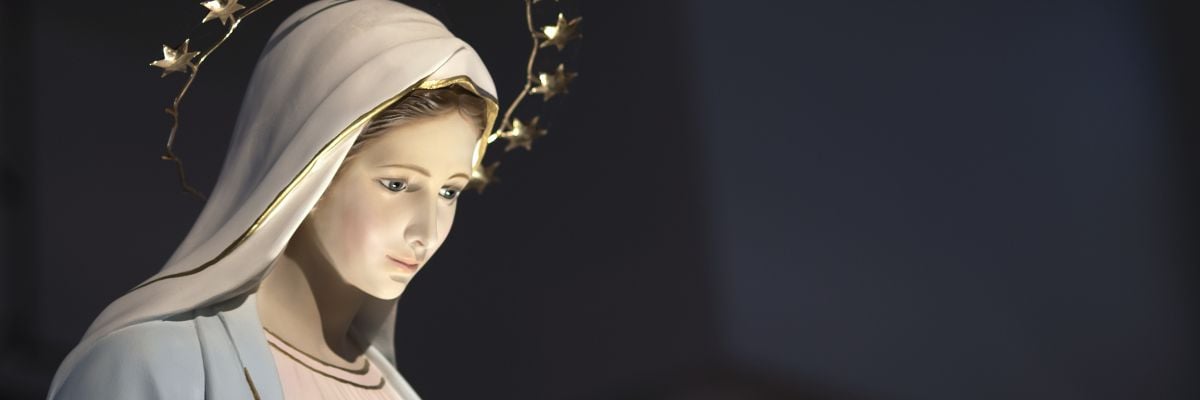
Question:
Answer:
In February 2017, Pope Francis appointed a special envoy, Archbishop Henryk Hoser of Warsaw, Poland, to study the pastoral aspects of the situation in Medjugorje.
On Wednesday, April 5, 2017, Archbishop Hoser reported that there seems to be much fruit associated with pilgrims to Medjugorje, and yet he said, “Like you, I expect a final decision from the commission” Pope Francis set up to investigate the authenticity of the reported apparitions.
The local bishops of Mostar-Duvno in Bosnia-Herzegovina (formerly part of Yugoslavia) have consistently ruled against the supernatural character of the reported events of Medjugorje. In 1991, the former Yugoslavian Bishops Conference ruled that the supernatural character of the reported apparitions—which date to 1981—could not be affirmed. This is different than a definitive declaration that there is no supernatural character. The Holy See has allowed continued pilgrimages provided they don’t present the reported apparitions as authentic, and it has forbidden the faithful from participating in events where the reported seers present their reported apparitions as authentic (see this for more information).
It’s not likely that Church policy on Medjugorje will be updated until at least later this year. Patience, as always, is counseled, as well as the reminder that our faith is rooted in Jesus Christ and his Church, not in reported private revelation—or even authenticated private revelation (see Catechism of the Catholic Church 66-67). It’s possible that the Holy See will affirm the position of the local diocesan bishops and yet allow pilgrimages because it concludes that God has otherwise blessed the lives of sincere pilgrims, e.g., through the celebration of the sacraments of the Eucharist and reconciliation. For more on this topic, please read this Catholic Answers update on the matter.



